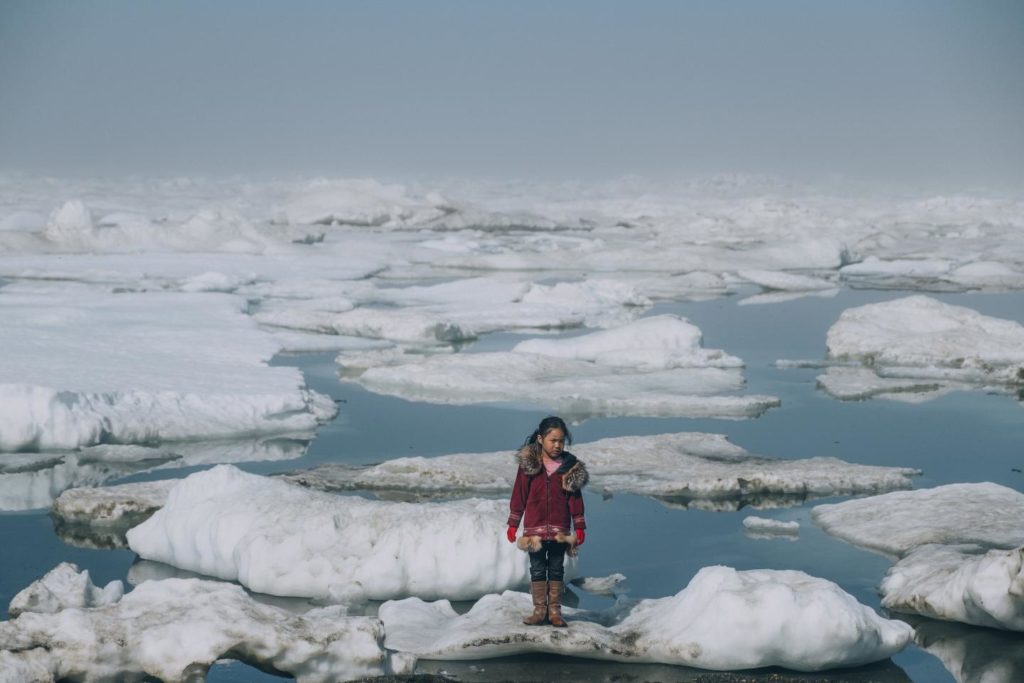Research led by a Brussels university shows that children born today will be disproportionately affected by climate change.
The international study, which for the first time linked climate science data to demography statistics, brought forward tangible evidence of the extent to which all generations living on earth today will be exposed to climate extremes, including droughts, heatwaves and wildfires.
"This study doesn't focus on the effects on people yet to be born, we are talking about young people and all generations today and the threat to their safety, that is the core message of the study," lead author Professor Wim Thiery of the Vrije Universiteit Brussel told The Brussels Times.
"Climate change is not a story of the future, we have to do something about climate change, now. Climate change has arrived, here and now, in every country in the world today, and it is going to shape our lives enormously," he added.
He explained that, even undercurrent climate policy pledges, children born today will on average face seven times more scorching heatwaves, 2.6 times more droughts, 2.8 times as many river floods, almost three times as many crop failures, and twice as many wildfires compared to their grandparents.
Young generations living in low-income countries will face the sharpest increases, with a more than fivefold increase in overall lifetime extreme event exposure. "A sobering message that makes you think twice," Thiery said.
Making data accessible
Researchers created a collection of climate change impact simulations and subsequently computed the lifetime exposure to climate extremes for people born between 1960 and 2020 across every country in the world, taking into account every global warming scenario between today’s global warming of about 1°C and 3.5°C.
These were combined with future global temperature trajectories and demographic information including life expectancy and population density.
By combining demography and climate science, researchers aimed to make the effects of climate change on all generations understandable and accessible, even for non-scientists.
"This makes it clear to people what this change means not only for themselves but also for their children, which I can imagine is a real eye-opener for many people," he added.
At the heart of the issue, and the solution
In recent years, younger people have been at the centre of the fight against climate change. First, with the Fridays for Future movement led by the world’s youth, and more recently by suing governments for violating their fundamental rights under the United Nations Committee on the Rights of the Child.
"We have already received requests to use our study in courts as young people are looking to use the study to file lawsuits," Thiery said.
According to the NGO Save The Children, which partnered with researchers for the study, children have inherited a problem that is not of their own making.
"The window of opportunity to make a difference for children is quickly closing. Commitments to climate action and financing remain dangerously inadequate and unless global leaders scale up their ambition now, current and future generations of children will suffer," a press release from the charity read.
Thiery stressed the importance of this study ahead of the 2021 UN Climate Change Conference (COP26) in Glasgow in November, as it highlights the importance of "drastically raising ambitions and absolutely, absolutely limit warming to 1.5°C."
"If we raise ambition from promises, not even policies, and if we can limit warming to 1.5°C above pre-industrial levels, then that intergenerational burden on young people will decrease by 40%," he said.
"We have a huge opportunity and duty as humans to limit that warming to protect the security of the younger generations today," Thiery concluded.

